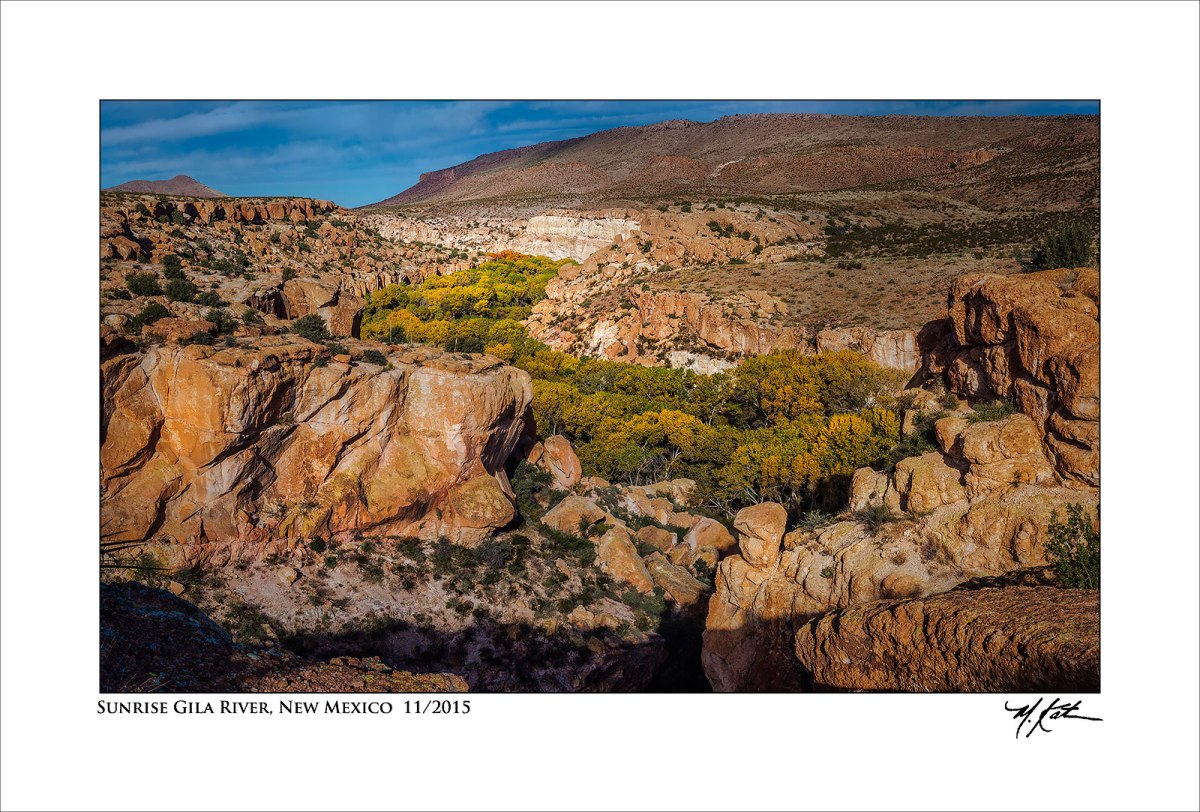This is the entire holy-life, Ananda, that is, good friendship, good companionship, good comradeship. the Buddha, Connected Discourses 1.3.18
Insight Meditation
Meditate, don’t be negligent, lest you may later regret it!
Insight Meditation is a non-sectarian method to train one's mind/heart towards peace and happiness. It can also be the cornerstone for a transformative meditative spiritual path. Each of us will choose how much or how little we want to give or take from our spiritual lives. With Insight Meditation we train ourselves to directly observe all experience without reaction, without judgement, without concept. A mind/heart without reaction allows us to rest into what is happening right now. A non-reactive mind is at peace, our deepest happiness. Allan Cooper
All are welcome
Beginners and experienced students are welcome. Personal instruction and private conversations with Kalyanamitta (spiritual friend) Steve Katona are available by arrangement.
Steve has a practice history since 1989 beginning with Rinzai Zen under Seiju Bob Mammoser and Kayozan Joshu Sasaki Roshi. After that and for six years he practiced Vipassana meditation as taught by S. N. Goenka and Mother Sayamagyi in the tradition of U Ba Khin. This included several ten day retreats and shorter intensives.
For the last five years he has studied Theravada Buddhism and practiced Mahasi Vipassana with Allan Cooper, Sayadaw U Vivekananda, Sayalay Daw Bhaddamanika, Sayadawgi U Pandita, Sayadaw Pannathami, Sayadaw U Thuzana and others. His practice history includes a three month and a four month silent retreat in Nepal at Panditarama Lumbini and numerous twenty-one to thirty day silent retreats.
Here is a link to an elaboration about the word ‘uposatha.’ It seems interesting but is definitely in the nice to know, not need to know category.
http://www.vipassana.com/resources/uposatha.php
Uposatha Vihara
The location of Uposatha Vihara [UV] (Pali for Buddhist Day of Observance Lay Monastery) is 205 Natalie Ave NW Albuquerque NM 87107 Email to UV should be addressed to upasakask@gmail.com For more information call 505 604 6828
The current schedule at the UV is posted below. Changes in the schedule for holidays or other reasons will be posted clearly on this site. Please check or call before your planned attendance.
It will be appreciated if your arrival is at least five minutes before sitting begins. The entrance is on the driveway side of the house and not the front door facing the street.
Chanting beginning the morning sits consists of homage to the Buddha, taking refuge in the Buddha, the Dharma, the Sangha, and the five lay precepts. This takes less than two minutes and is in English. Yogis may chant or not.
The evening schedule is one sit of 55 minutes. Following that will be a brief (less than 10 minutes) period of metta chanting in English. Look at the page of chants for content.
Metta (with boundless friendliness)
Sundays
Practice on your own is encouraged. AVS from 6:30 pm until 8 including meditation and frequent Dhamma talks
Mondays
AVS 6:30 am chanting and sitting until 7:30 am
UV 5:30 pm sitting until 6:25 pm followed by metta chanting
Tuesdays
AVS 6:30 am chanting and sitting until 7:30 am
UV 5:30 pm sitting until 6:25 pm followed by a five minute break and then metta chanting
Wednesdays
AVS 6:30 am chanting and sitting until 7:30 am
UV 5:30 pm sitting until 6:30 pm
Thursdays
AVS 6:30 am chanting and sitting until 7:30 am; no evening service at UV in lieu of Dharma talk and sitting at the Albuquerque Vipassana Sangha. They often have guest teachers and interviews available. You can check here:
Fridays
AVS 6:30 am chanting and sitting until 7:30 am; no evening sitting
Saturdays
Encouragement for home practice ad lib


